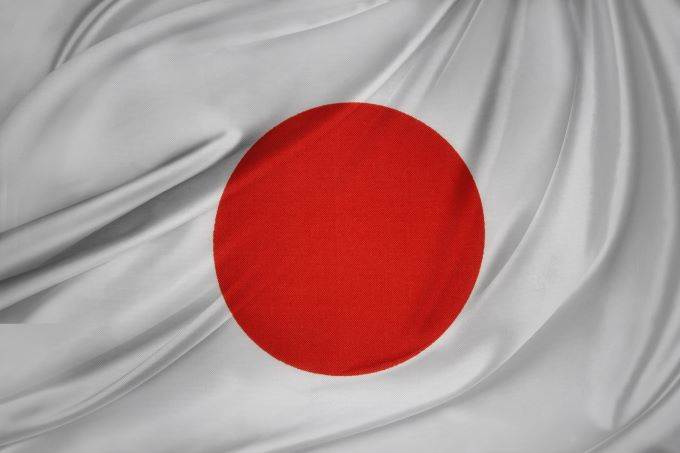 A surge in interest in safe haven currencies resulted in the Japanese Yen gaining nearly 3% on the US Dollar as a massive decline in oil prices which sent equity and Forex markets into panic mode. The FX market's Volatility Index earlier struck an almost 3-year peak, largely due to FX traders shedding their holdings in the greenback as a result of the fall in yields for US Treasury instruments. The US Dollar Index, which FX players use to gauge the relative strength of the greenback, fell to its lowest level in nearly 2½ years, and is currently trading at 95.060 .DXY, a loss of 0.93%.
A surge in interest in safe haven currencies resulted in the Japanese Yen gaining nearly 3% on the US Dollar as a massive decline in oil prices which sent equity and Forex markets into panic mode. The FX market's Volatility Index earlier struck an almost 3-year peak, largely due to FX traders shedding their holdings in the greenback as a result of the fall in yields for US Treasury instruments. The US Dollar Index, which FX players use to gauge the relative strength of the greenback, fell to its lowest level in nearly 2½ years, and is currently trading at 95.060 .DXY, a loss of 0.93%.
In London trading at 10:24 am, the USD/JPY pair was trading at 102.3460 Yen, a loss of 2.86%; the pair has ranged from a session low of 101.503 Yen to a high of 105.422 Yen. The USD/CHF was trading at 0.9286 Swiss Francs, down 0.93% and off the earlier low of 0.91780 Yen. The EUR/USD was trading higher at $1.1424, a gain of 1.2255%, moving off the session peak of $1.15002.
Loonie Impacted by Oil Price Collapse
Oil prices for both WTI and Brent crude were about 30% lower after Saudi Arabia announced this past weekend an increase in production and a reduction in prices. The failure by OPEC to strike a deal earlier in the week led to the announcement from Saudi Arabia. Analysts are fearful that the first salvo has now been fired in what could result as an all-out price war. As a result, commodity-linked currencies such as the Canadian Dollar were impacted. Currently, the CAD/CHF was trading lower at 0.6819 Swiss Francs, a loss of 2.2534%; the pair had earlier hit a session trough of 0.66649 Swiss Francs.
